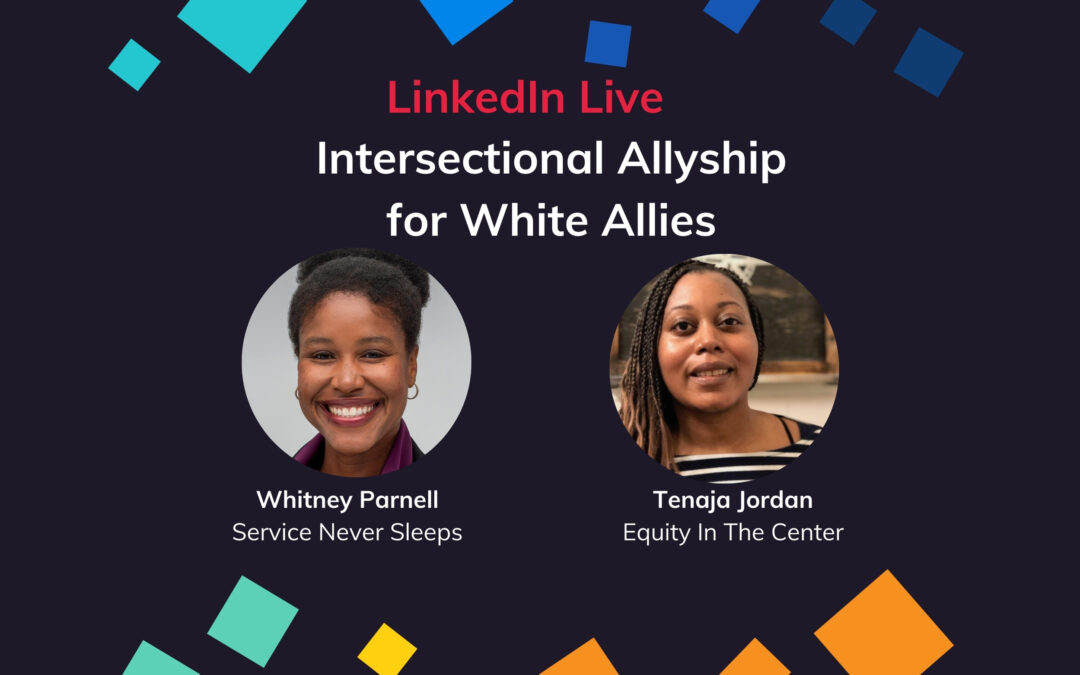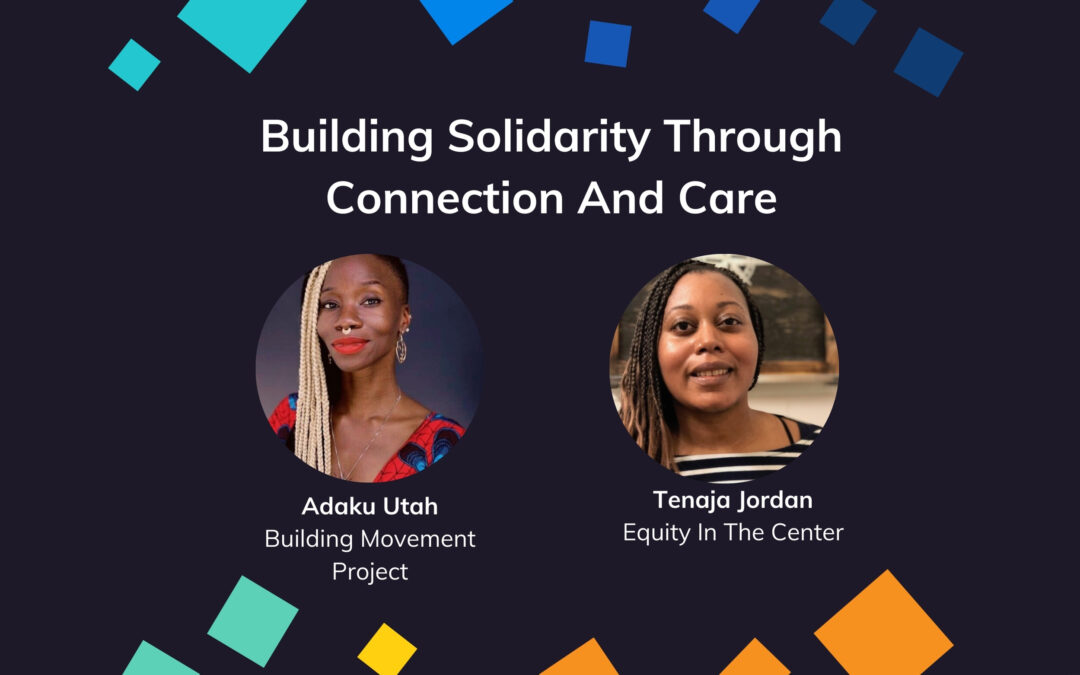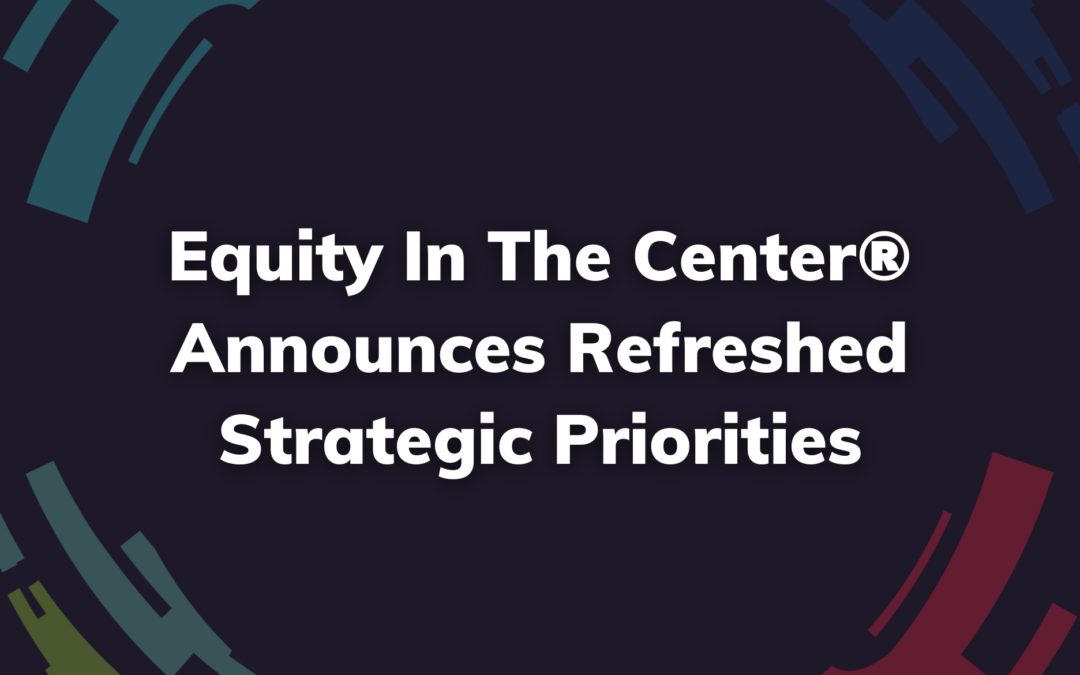By Kerrien Suarez

Note: EIC President Kerrien Suarez originally submitted this blog as a letter to an editor of the New York Times on behalf of the Deep Equity Practitioners Network.
Jennifer Miller’s piece “Why Some Companies Are Saying ‘Diversity and Belonging’ Instead of ‘Diversity and Inclusion’” highlights how a flawed definition of belonging – “[helping] people who aren’t marginalized feel like they’re part of the conversation” is being used to center the comfort of “lily-white leadership” experiencing “hostility” and “resentment” triggered by poorly designed and executed DEI initiatives.
The University of California, Berkeley’s Othering & Belonging Institute, founded by john a. powell, defines belonging, as “more than a feeling of inclusion or welcome. Its full power is as a strategic framework for addressing ongoing structural and systemic othering, made visible … in the wide disparities in outcomes found across a variety of sectors and identity groups.”
The article states “there will be no equity if the people in power…feel excluded from the conversation,” intentionally elevating the comfort of those with race-based and positional privilege above naming and quantifying the racial inequity, power and economic disparities to which corporations and their leadership systemically contribute.
Miller fails to mention powell’s extensive work on bridging, which makes an explicit connection between belonging and dismantling the mutually reinforcing systems of oppression (racism, sexism, et al.) that drive race-based disparities in organizations and society: “structural belonging requires mutual power, access, and opportunity among all groups and individuals within [a society or organization].” The author never connects corporations’ work to center the feelings of those most privileged to any subsequent action to begin dismantling systemic racism within corporations or broader society.
“…The comfort of white people should not be centered in conversations about dismantling an inequitable system that gives them measurable advantages. Their action in solidarity with people of color, however, is critical to dismantling white supremacy in this country and its institutions.”
While the author names that resistance to “diversity” initiatives is rooted in “a zero sum mind-set… [that says] ‘If I support you, I am going to lose,’” she fails to highlight Heather McGhee’s book, “The Sum of Us.” It offers an approach to addressing systemic racism with white communities that debunks the zero sum, “victim or villain” approach the article claims leaves white people feeling attacked.
Miller never articulates that white people and communities are privileged above all others by systemic racism and white supremacy. While people of all races must be included, the comfort of white people should not be centered in conversations about dismantling an inequitable system that gives them measurable advantages. Their action in solidarity with people of color, however, is critical to dismantling white supremacy in this country and its institutions.



